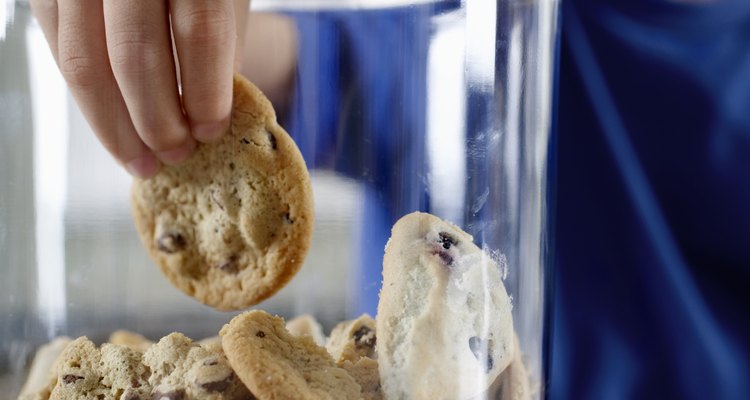
Thomas Northcut/Photodisc/Getty Images
Whether it's summertime in Georgia, a typical day in Seattle or just a humid day anywhere, the amount of moisture in the air can affect your cookies. However, any changes depend on the type of cookies and their ingredients. In humid conditions, some ingredients absorb moisture from the air and change the way they behave in your cookie dough. There's little you can do about the weather, but you can take certain precautions when baking cookies on a humid day to minimize the weather's effects.
Flour Power
Because flour makes up so much of a cookie's mass, it affects the texture dramatically -- too little flour produces cookies that are too fluffy or soft. On a humid day, your flour may absorb moisture, causing you to add too little flour if you measure the flour by weight. However, whether you measure by weight or by volume, the effect may be small depending on the type of cookie. Storing flour in an airtight container minimizes humidity's effects.
Little Things Mean a Lot
Even the small amount of baking powder in cookies changes their texture if it has absorbed moisture over time from a humid environment. Baking powder reacts with liquid in a cookie recipe, creating bubbles that make the cookie rise. Without effective baking powder, your cookies remain flat. A humid environment causes the baking powder to react while it's still in the can and fail to react during baking.
Finicky Egg Whites
Cookies made with egg whites present special challenges on humid days. Because whipped egg whites contain lots of air from the whipping process, high humidity means that you are introducing lots of water along with the air. As a result, your cookies will take longer to dry out or may never dry out at all and remain soft rather than pleasantly crisp on the outside and chewy on the inside.
Out of the Oven and Into the Jar
Even if high humidity doesn't affect how your cookies bake, it could make them overly soft when they absorb moisture while sitting in the cookie jar. Brittle cookies, like thin tuiles, and meringue cookies are especially susceptible to the problem. The material of the cookie jar, whether glass, ceramic or plastic, matters less than its lid -- an airtight lid offers your only solution to prevent the cookies from losing their crispness.
Related Articles
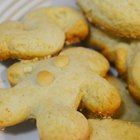
How to Make Butter Sugar Cookies
How to Make Homemade Baked Goods Stay ...

What Are the Causes of Pie & Pastry ...

What Happens if You Substitute Butter ...
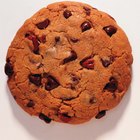
Is Butter or Shortening Better for Soft ...

How to Make Pumpkin Bread Moist
Does Rain Affect Baking Cakes?
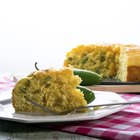
The Purpose of Buttermilk in Baking
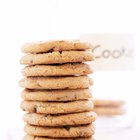
How to Use Expired Cake Mix

Coconut Breakfast Cookies with Cacao ...
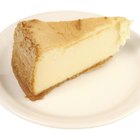
Why Does My Cheesecake Crack?

How to Make Scones

Can I Substitute Bleached for ...
Does Humidity Affect Baking Times?

How to Make Bread Chewy
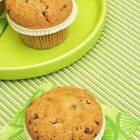
How to Keep Muffins From Going Moldy
How to Substitute Applesauce for Butter ...

Canola Oil Vs. Lard in Baking
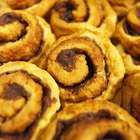
Do Spices Enhance Yeast Growth?
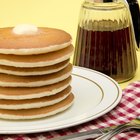
Does Dry Pancake Batter Mix Go Bad?
References
Writer Bio
Susan Lundman began writing about her love of cooking, ingredient choices, menu planning and healthy eating after working for 20 years on children's issues at a nonprofit organization. She has written about food online professionally for ten years on numerous websites, and has provided family and friends with homemade recipes and stories about culinary adventures. Lundman received her M.A. from Stanford University.
Photo Credits
Thomas Northcut/Photodisc/Getty Images